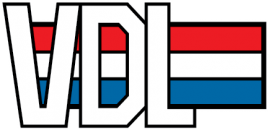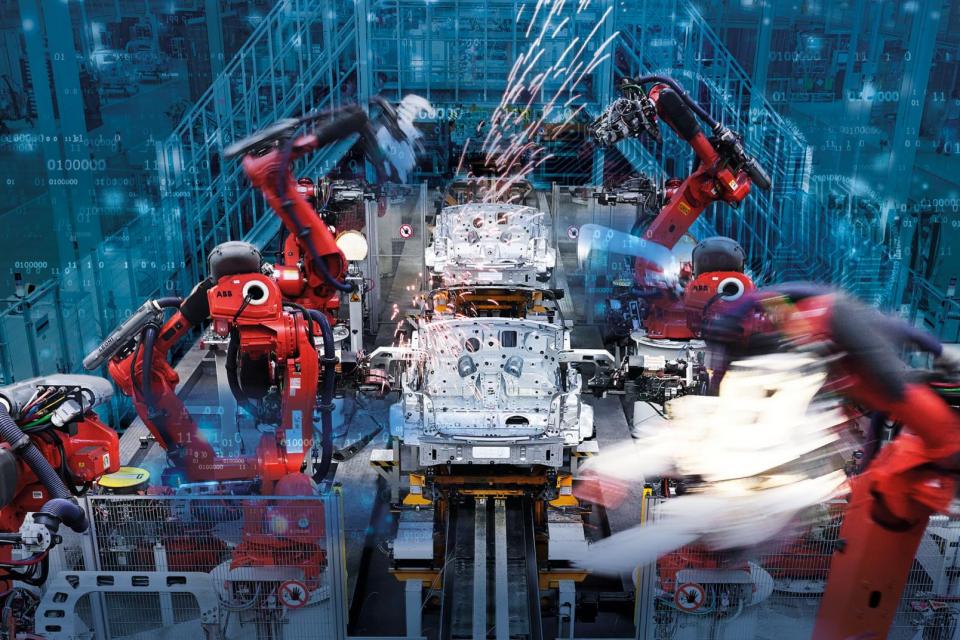Ambitious Dutch mobility programme off to a flying start due to multi-million-euro Dutch government grant
Two large consortia comprising Dutch companies in the mobility sector collectively will receive 47 million euros in government funding for the purpose of achieving breakthroughs in the electrification of and hydrogen applications in the mobility sector. This announcement was made by the Ministry of Economic Affairs and Climate (EZK) today. By working in these innovation programmes, the involved parties aim to make the Netherlands a leader in green mobility. The cooperating parties will contribute over 26 million euros of their own funds, thus giving the sector a financial boost of a total of 73 million euros.
A special feature of the two programmes is that the work will be performed cross-sectoral in a national innovative ecosystem. In the consortia, tens of public and private parties will intensively work together under the name Green Transport Delta in two innovation programmes for the automotive, maritime and aviation sectors. Large companies, such as VDL Groep, DAF Trucks, NXP Semiconductors and Bosal, SMEs and start-ups, such as ELEO will be working together with knowledge partners, such as the Netherlands Organization for Applied Scientific Research (TNO), Eindhoven University of Technology and Maastricht University. RAI Automotive Industry NL and Brainport Development are signing up for the consortia’s long-term programme management.
Immediately working towards concrete results
The programmes are designed to deliver concrete results. For example, there will be a focus on hydrogen combustion engines, fuel cells and next-generation technology for hydrogen tank infrastructure. In the area of electrification, the work concerns the development of a local development and production environment for innovative battery modules and packs. Developing the battery management system of the future. Designing a smart charging infrastructure and processes for safely storing batteries and to recycle them to recover raw materials. This will contribute to the development of circular vehicles.
Long-term cooperation for cleaner transport
The collaborative effort is consistent with the long-term Automotive Roadmap of the High Tech Systems and Materials (HTSM) Top Sector. In addition to concrete results, the programmes also aim for a collective long-term goal. Mutual cooperation among industrial partners, as well as among the business community, government organisations and knowledge institutes is crucial for the Netherlands to be able to garner a competitive position on a global scale. Electrification and hydrogen are essential technological domains for this purpose. With these projects, the necessary transition in making the sector sustainable is receiving a significant financial boost. This concept of open innovation is a typical strength of the Dutch way of jointly working together.
Key support for transition to sustainable mobility
Albie van Buel, Managing Director of RAI Automotive Industry NL, is proud that the organisation’s efforts have paid off. ‘As organisation, we devoted our efforts from the beginning of the corona pandemic to obtaining a significant R&D support package for the Automotive sector. It is great that we are getting significant support for these projects, in support of the further technological developments required for the necessary transition to sustainable mobility.’
Moving ahead fully energised
Managing Director of Brainport Development Paul van Nunen is delighted about the grants awarded by the Ministry of Economic Affairs and Climate (EZK). ‘The level of ambition of the collaborating parties is high. The Netherlands aims to continue to play a leading role in the global transition to a sustainable mobility system. By combining forces, we can make the Netherlands a leader in green, smart energy. The financing accorded to the programme’s sub-tasks provides a great boost. We are moving forward together with the consortia, fully energised.’

